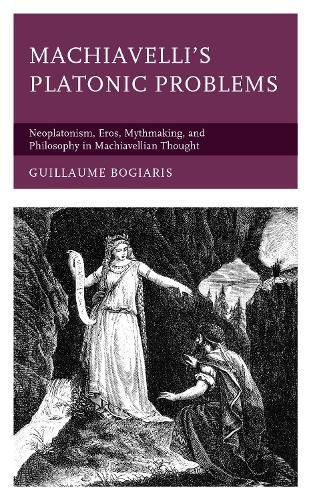Readings Newsletter
Become a Readings Member to make your shopping experience even easier.
Sign in or sign up for free!
You’re not far away from qualifying for FREE standard shipping within Australia
You’ve qualified for FREE standard shipping within Australia
The cart is loading…






Machiavelli is traditionally understood has a thinker who rejected Platonism in bulk. This book argues that even if it is correct to describe him as unsympathetic to Platonic thought, his philosophy addresses it in a deep and nuanced manner. In order to see this, one must first disentangle Machiavelli’s conversation with Plato from his criticism of Christian Florentine Neoplatonism. Once this is done, Machiavelli’s work reveals itself to engage key Platonic themes, such as love, the place of philosophical education in politics, and the relationship between policymaking and mythmaking. This engagement helps us further characterize and clarify essential concepts and axioms of Machiavellian thought, such as fortuna, virtue, the importance of self-reliance, and the proper sources of political knowledge.
$9.00 standard shipping within Australia
FREE standard shipping within Australia for orders over $100.00
Express & International shipping calculated at checkout
Stock availability can be subject to change without notice. We recommend calling the shop or contacting our online team to check availability of low stock items. Please see our Shopping Online page for more details.
Machiavelli is traditionally understood has a thinker who rejected Platonism in bulk. This book argues that even if it is correct to describe him as unsympathetic to Platonic thought, his philosophy addresses it in a deep and nuanced manner. In order to see this, one must first disentangle Machiavelli’s conversation with Plato from his criticism of Christian Florentine Neoplatonism. Once this is done, Machiavelli’s work reveals itself to engage key Platonic themes, such as love, the place of philosophical education in politics, and the relationship between policymaking and mythmaking. This engagement helps us further characterize and clarify essential concepts and axioms of Machiavellian thought, such as fortuna, virtue, the importance of self-reliance, and the proper sources of political knowledge.